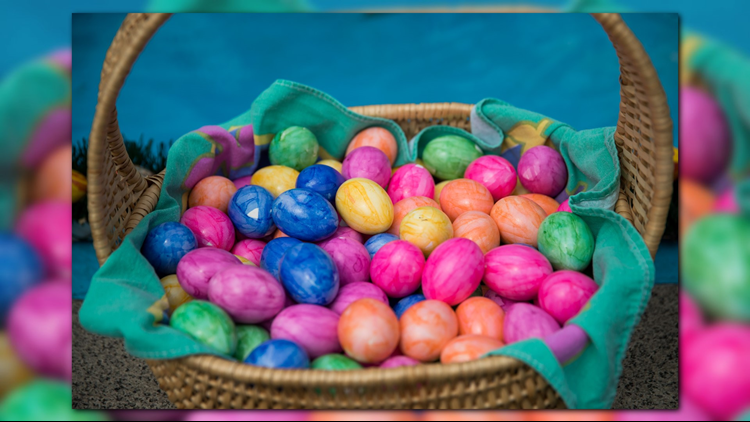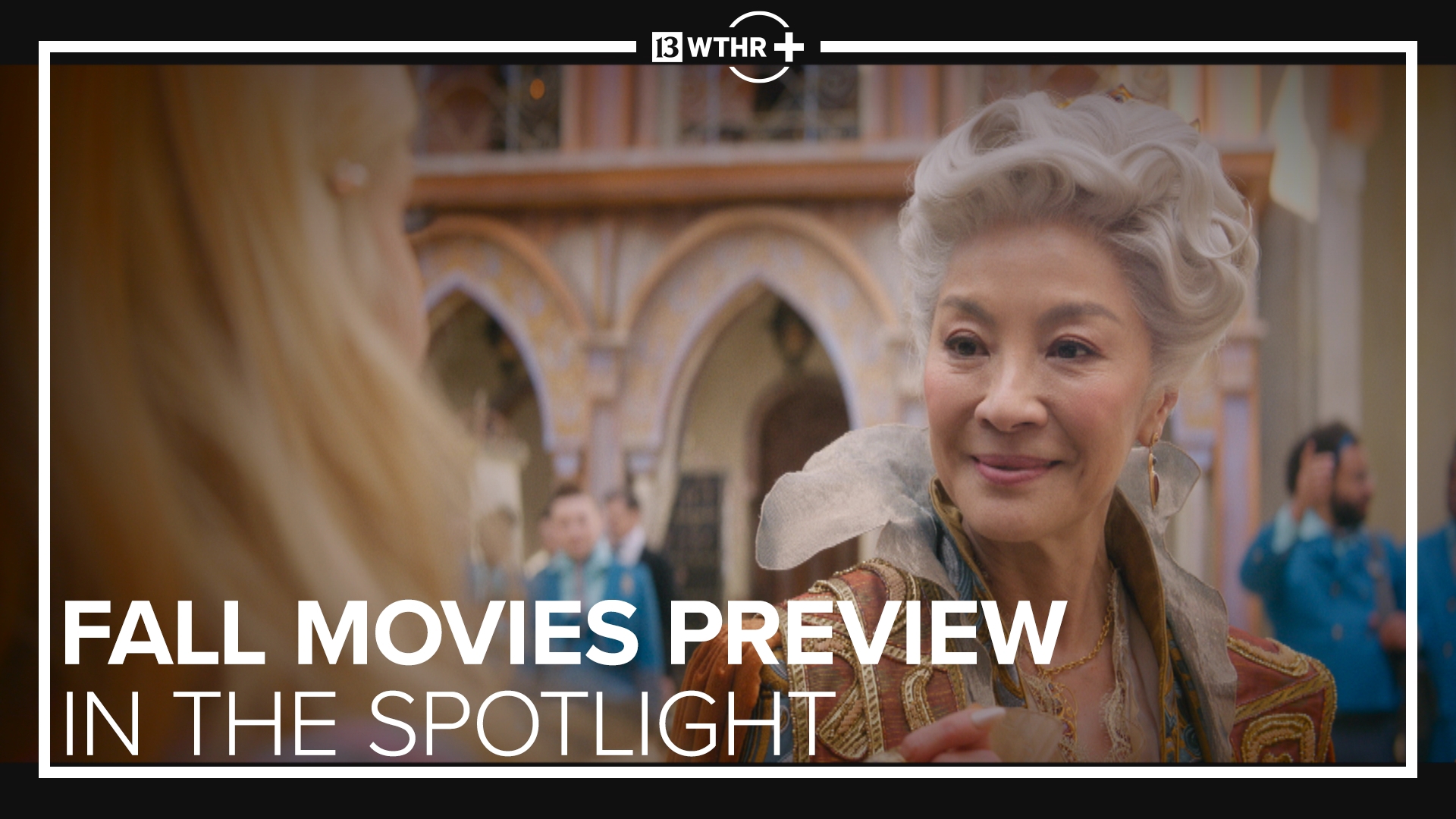Growing up in a large family in south Louisiana, I was surrounded by quirky Cajun traditions – one of those was at Easter time my family and I would "pacque eggs."
Over time, I realized most American families didn't play this little game on Easter Sunday; and while it may be uncommon in the States, that's not necessarily the case in other countries.
As it turns out, people from all over the world “pacque” during Easter celebrations and though the game has different names, the rules remain the same.
The basic idea: to determine whose boiled chicken egg is the hardest as two people tap their eggs together until one cracks.
The tapping must come from the same side of each egg and if both sides of an egg cracks, the egg is considered “dead” - but if only one side cracks, then it is still in the game and free to crack against other eggs.
In my family, we would boil, dye, and decorate dozens of eggs on Good Friday and then bring them to my grandparents’ house on Easter Sunday. My aunts, uncles, and cousins would do the same and we’d all pacque throughout the day.
The cracked eggs were sometimes used during the family Easter Egg Hunt and eventually taken home and used to make potato salad, deviled eggs, egg salad, etc.

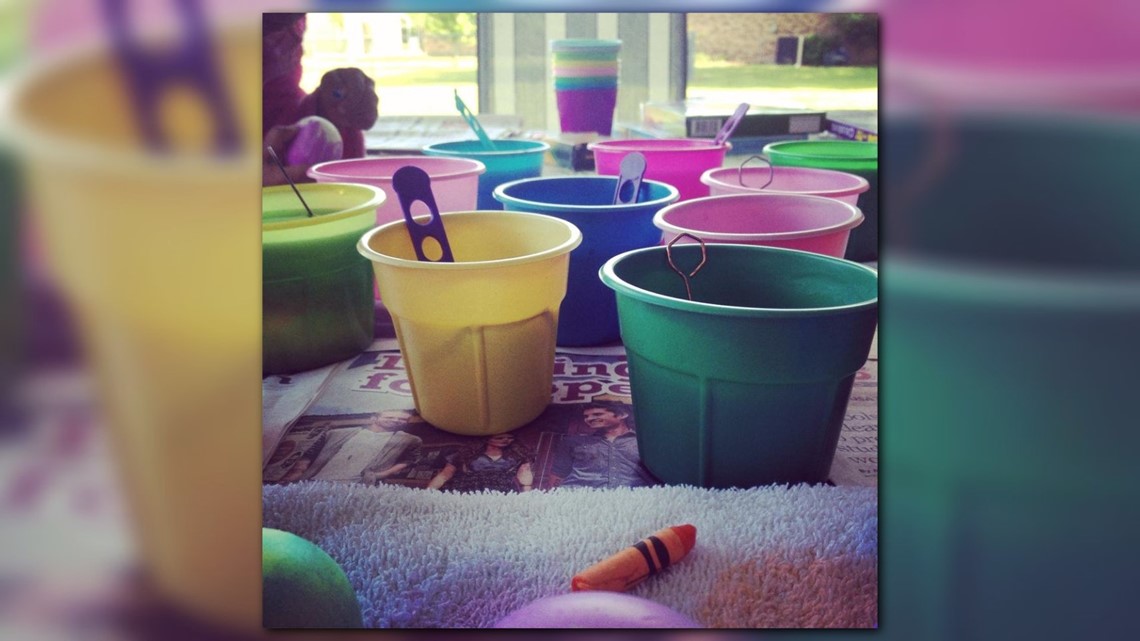
As Easter Sunday approached this year, I looked forward to playing with my family but also wondered more about the game itself.
While I couldn’t find much online about its origin or how it made its way to Louisiana, I did learn just how far the game spans beyond the Cajun communities of the south.
England:
In England, the game is commonly referred to as "egg jarping." And in a town called Peterlee, that's in the northern part of the country, there is actually a World Egg Jarping Championship.
The competition has been held every year for the last 30 years with a champion crowned and honored with a certificate and a golden egg trophy. Fancy.
Switzerland:
In Bern, it’s called "Eiertütschen" which translates to “egg smash.” The game is usually played between families, but the Swiss capital goes public with Eiertütschen and organizes a competition at the Kornhausplatz on Easter Sunday every year. Anyone can play, but participants must bring their own eggs.
Greece:
In Greece, it’s called “Tsougrisma.” In the Greek culture, the person doing the tapping says "Christos anesti!" (Christ has risen) and the one whose egg is being tapped replies "Alithos anesti" (Indeed he has) until there are just two people left. The last one standing is declared the winner.
The game makes an appearance in the 2002 American film, “My Big Fat Greek Wedding.” But it's a small nod to the tradition and if you blink you’ll miss it. During one of the scenes, the family’s patriarch can be seen tapping a red egg against his daughter’s egg and then sighing when it cracks.
It caught me off guard when I first saw the film. It was first time I had seen anyone other than those in south Louisiana play the game.
Unlike the Cajuns, most Greeks dye their eggs a dark red color to represent the blood shed by Jesus Christ during his crucifixion.
India:
The only evidence I could dig up showing the game played in India was in Assam where it’s called, “Koni-juj.” In a tweet by politician Rakibul Hussain, he plays the game with Anjan Dutta, another Indian politician during the 2015 Rangpur Festival in Sibsagar, a city in north India.
Turkey:
In Ankara, the capital of Turkey, the game is played at the Traditional Hidirellez Festival which celebrates the arrival of Spring. The festival holds religious significance and is celebrated as the ‘Day of Hizir” on which prophets Hizir and Ilyas met for the first time.
Armenia:
Armenians are similar to the Greeks in that they too dye the eggs a dark red color to represent the blood shed by Christ on Good Friday.
According to an article by Rev. Dr. George A. Leylegian, Armenians also greet each other using religious declarations with eggs in hand. But Armenians instead say, “Christ is risen from the dead!” and the others answer, “Blessed is the Resurrection of Christ!”
Afterward, one person strikes the top of the other person’s egg to re-create the sound of the “crack” which opened the tomb where Christ was buried.
As the shell of the egg is removed, the egg white can be seen which represents the burial shroud. The yolk inside the eggs represents the golden joy of Life, Hope and Resurrection.
Croatia:
The tradition is known here as "Tucanje Jajima" and it’s one of the country’s oldest Easter traditions dating back to the 14th century.

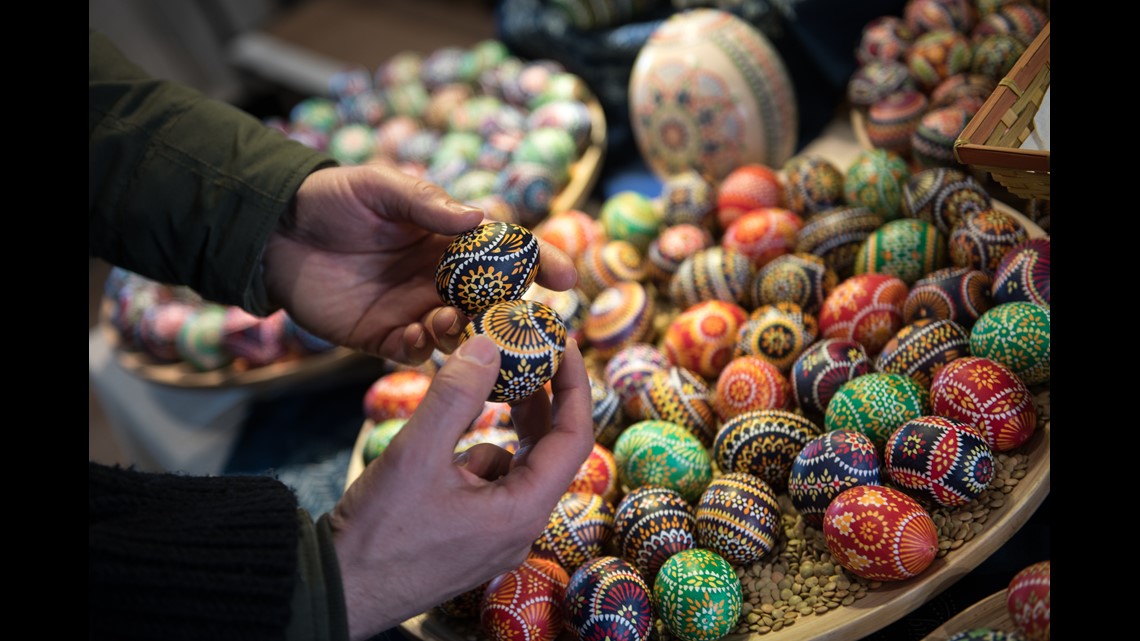
Germany:
The Germans call the game, Ostereiertitschen which translates to “egg tapping” It's also known as "pipping" and the same rules apply.
Bulgaria:
Here the competitive egg fight is known as "choukane s yaitsa." In Bulgaria, the winning egg is kept until the following Easter and is a sign of good luck. It's believed, the owner of the winning egg will have the best health that year.
Serbia:
In Serbia, it's called, “Tucanijada” and there’s a World Cup of Tucanijada held in Mokrin, a village in north Serbia.
The game is played by everyone from children to some of the country’s top leaders. Serbia's former Minister of Defense, Nebojsa Rodic, and Chief of General Staff of the Army of Serbia, General Ljubisa Dikovic, were photographed playing the game in 2014.
Avoyelles Parish, Louisiana, USA:
Back in 2011, the Louisiana Legislature declared Avoyelles Parish as the "Egg-Knocking Capital of the World." The parish has three Easter egg-knocking competitions that take place on Holy Saturday and Easter Sunday.
The competitions reportedly began in the 1950's and each have divisions for chicken, turkey, and guinea eggs. Those with the last egg standing in each of the categories are declared the winners and are given cash prizes.

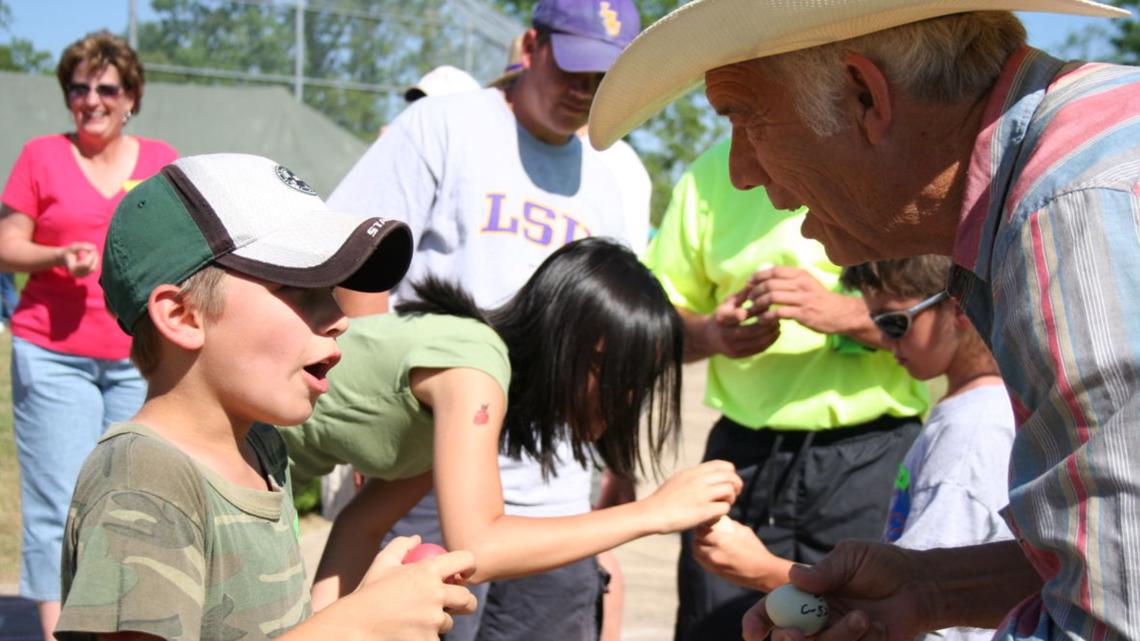
While there are so many unique things tied to the Cajun culture, it was surprising and fascinating to see how this tradition, the most unlikely, is practiced around the world.
Who would have thought the simple game played in tiny towns in the south is also played in tiny towns on the other side of the world? Pretty neat.
So here's to keeping all traditions alive and knowing the world is actually pretty small after all.
Joyeuses Pâques and happy pacque-ing!


